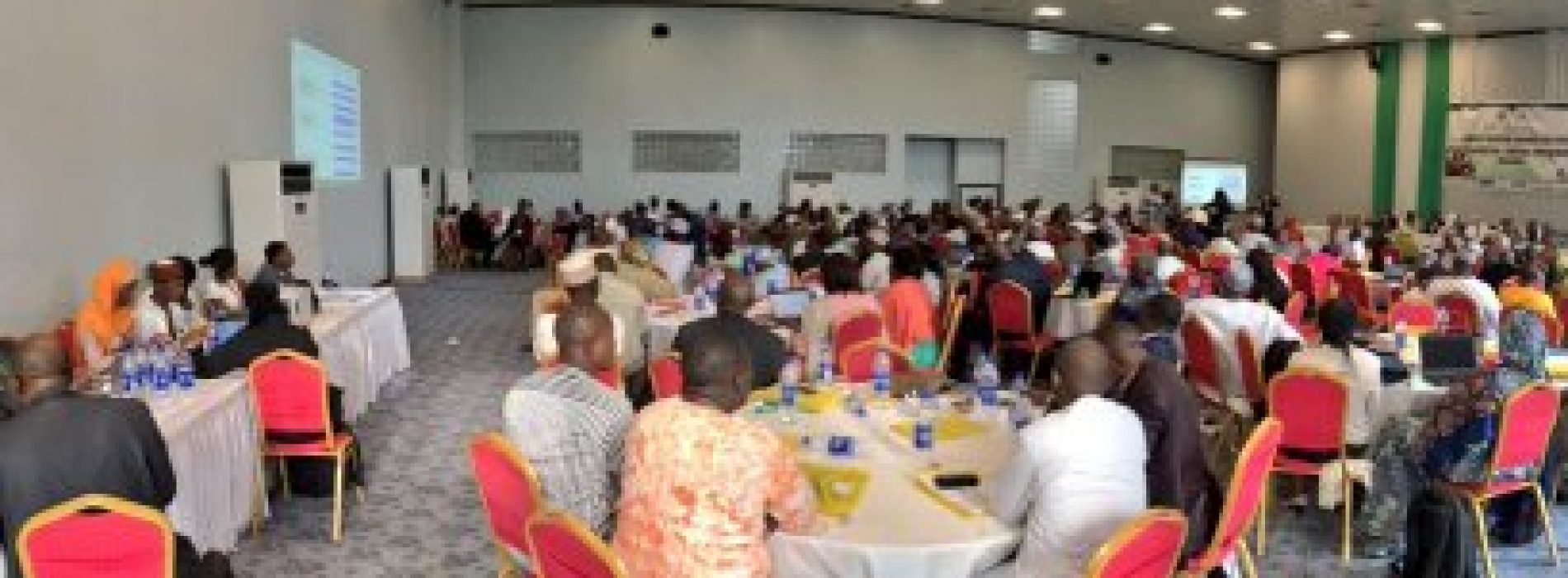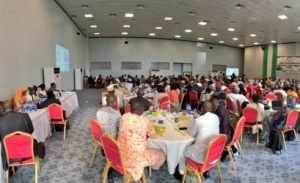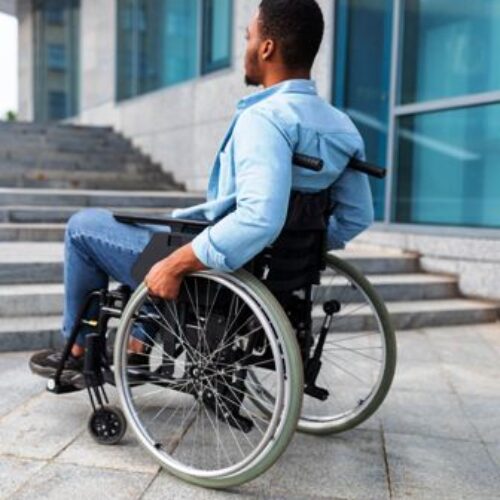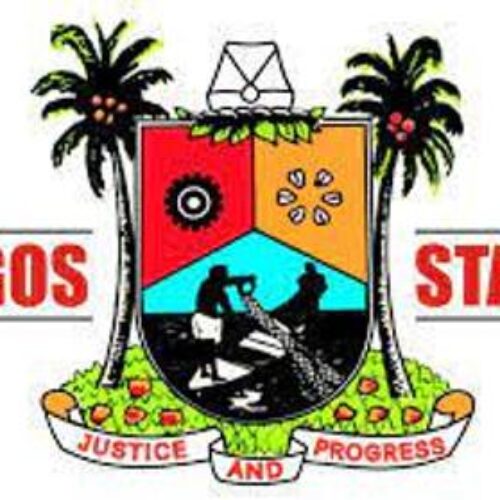Experts worry over Nigeria’s low routine immunization coverage
- as review committee meets in Abuja
ABUJA – Though Nigeria has remained polio-free for over a year, there is yet a challenge of poor immunization coverage in some parts of the country, experts said in Abuja on Monday.
The development has become a source of worry to both local and international partners working on immunization in the nation, fearing that the wild polio virus could still affect under-five children who have not been reached.
Recall that Nigeria missed the opportunity to be declared polio free by the World Health Organization in July this year, after it recorded few cases in security-compromised Borno State last year. The cases were recorded two years after the nation had interrupted the disease.
Now, the country is listed among the three polio-endemic countries in the world, the other two countries being Afghanistan and Pakistan.
Available data however indicate that Nigeria has the largest number of unimmunized children, globally.
The nation’s poor routine immunization coverage took centre stage at the 34th meeting of Expert Review Committee, (ERC) in Abuja yesterday where partners, including United State Agency for International Development, USAID, World Bank, World Health Organization, WHO and NPHCD, among others, agreed that in-spite of the immunization challenges in the country, especially in the northeast, the country could still defeat polio and other vaccine-preventable childhood diseases if good innovations are developed to immunize unreached children.
At the three-day event, experts appraised all activities on immunization in the country and called for locally-sourced vaccines, improved funding by all tiers of government, and advocacy for immunization programmes in communities.
In his speech, Senior Manager, Integrated Health , USAID, Joseph Moneyin, said there were still gaps to be filled despite few successes achieved by the country on the disease.
“No one can confidently say when polio will be defeated in Nigeria if some areas are inaccessible,” he said. He noted that USAID is providing complementary funding to support labs and surveillance for polio.
Moneyin identified IDP camps as some of the places where there had been vaccination challenges.
He cautioned against laxity in surveillance and vaccination, adding that immunization and monitoring in Lake Chad are very key to achieving desired results.
Senior Health Specialist, World Bank, Dr Oluwole Odutolu, said the bank had been a partner in the fight against polio and couldn’t wait to see Nigeria defeat the virus.
He said 10 percent of poor kids have access to immunization in Nigeria and called for innovative approaches to ensure no one is left behind. He also restated the bank’s support to ensure effective service delivery.
In his speech, the WHO Acting Country Rep, Wondimagegnehu Alemu called for new innovatives to ensure partners and government address polio challenges. He said “coverage of the programme “has shown very dismal under-performance.”
Also , the Executive Director, NPHCDA, Dr Faisal Shuaib, spoke on transformation initiatives, future of the agency and areas of support from the ERC and partners.
Shuaib said he was not only poised to reposition the agency, but to ensure it achieve all its mandates.
“NPHCDA’s vision is to build a robust agency that will deliver tangible results to improve primary healthcare in Nigeria,” he said.
He said he his management team had revamped the financial management framework of the agency to meet international best practices.
He restated his resolve to ensure that the country is finally declared polio free, stressing that he would help drive routine immunisation rates up to 85%.
“We have made progress on vaccine supply chain, but are not yet seeing the immunisation rates rise. We will implement initiatives for tangible impact,” he pledged.
Other policy directions of the agency, according to Shuaib include strengthening; governance and accountability; credibility, accountability and reliable partnership.
The chairman of the Expert Review Committee, Oyewale Tomori in his remarks, noted that celebrating one year of no polio virus was not an achievement but a wakeup call while reminding the gathering that the country had once marked two years with no traces of the disease until it was later detected.
The country was on its way to be certified polio free nation after two years without any case of polio, until August 2016, when two fresh cases were reported.
Tomori therefore called on both government and development partners to put in more works to ensure more success on the virus.
About author
You might also like
Am I wheel Chair bound?
Not really … could be spondylosis … you need thorough assessment and treatment Dear Prof, I’m a civil servant male in Ondo State. For some time now, I’ve been experiencing
DRUG ABUSE: Lagos warns youths against negative peer pressure
Lagos State Government has once again warned young adults particularly teenagers and youths against negative peer pressure that could lead them to indulging in drug and substance abuse and illicit
Illegal wildlife trade must stop, UNODC urges on International Mother Earth Day
As the International Mother Earth Day is marked worldwide on April 22, the United Nations Office on Drugs and Crime (UNODC) has called for the stoppage of illegal wildlife trade








0 Comments
No Comments Yet!
You can be first to comment this post!